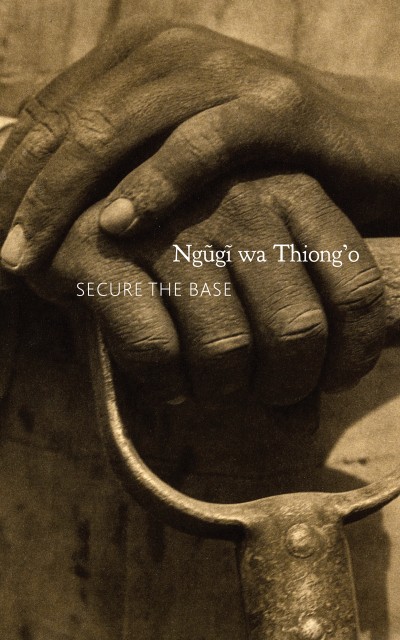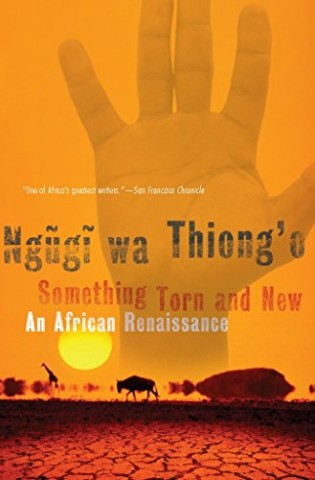Secure the Base (2016) is a collection of speeches that Ngugi wa Thiong'o gave. His other works include Decolonizing the Mind (1986), An African Renaissance (2009) and Theory and Politics of Knowing (2012), amongst many others. A few quotes:
"It is fair to say that 'tribe', 'tribalism' and 'tribal wars', the terms so often used to explain conflict in Africa were colonial inventions. Most African languages do not have the equivalent of the English word tribe, with its pejorative connotations that sprung up in the evolution of the anthropological vocabulary of eighteenth -and nineteenth-century European adventurism in Africa. The words have companionship with other colonial conceptions, such as 'primitive', the 'Dark Continent', 'backward races' and 'warrior communities.'" (p. 9)
"It is not hard to see the roots of this identification with cultural symbols of Western power. The education of the black elite is entirely in European languages. Their conceptualization of the world is within the parameters of the language of their inheritance. Most importantly, it makes the elite an integral part of a global-speech community. Within the African nations, European tongues continue to be what they were during the colonial period: the language of power, conception and articulation of the worlds of science, technology, politics, law, commerce administration and even culture." (p. 42)
"For a long time now, I have advocated moving the centre from a handful of European nations to marginalized nations, and then creating conditions for a healthy dialogue and equal exchange among them all. Although this has been couched in mainly linguistic and cultural terms, my concerns embrace the wholeness of a community - the economic, political, cultural and psychic." (p. 59)
"I want to suggest that our various fields of knowledge of Africa are in many ways rooted in that colonial tradition of the outsider looking in, gathering knowledge with the help of native informants, and then storing the final product in a European language for consumption by those who have access to that language." (p. 71)
"We cannot afford to be intellectual outsiders in our own land. We must reconnect with the buried alluvium of the African memory - that must become the base for planting African memory anew in the continent and in the world. This can only result in the empowerment of African languages and cultures and make them pillars of a more self-confident Africa ready to engage with the world, through give-and-take, from its base in African memory." (p. 76)




